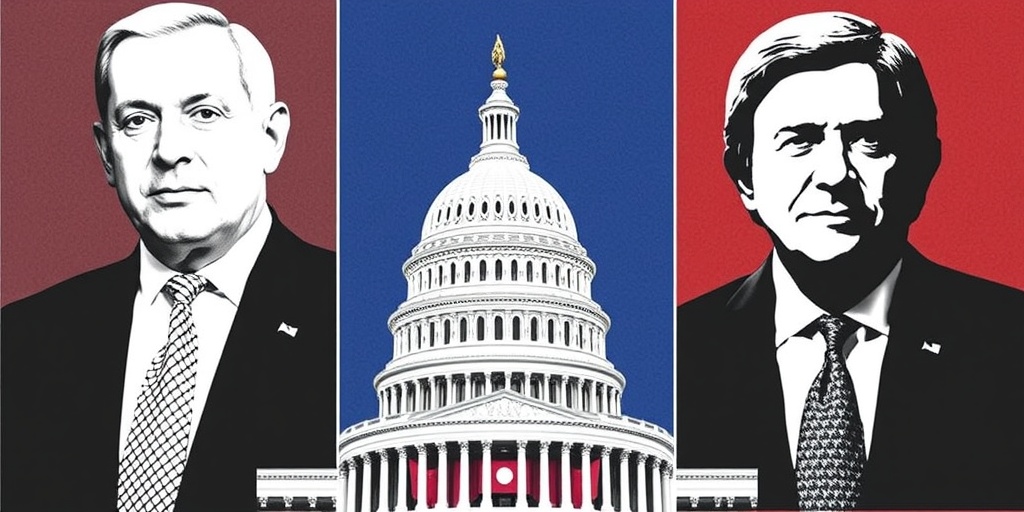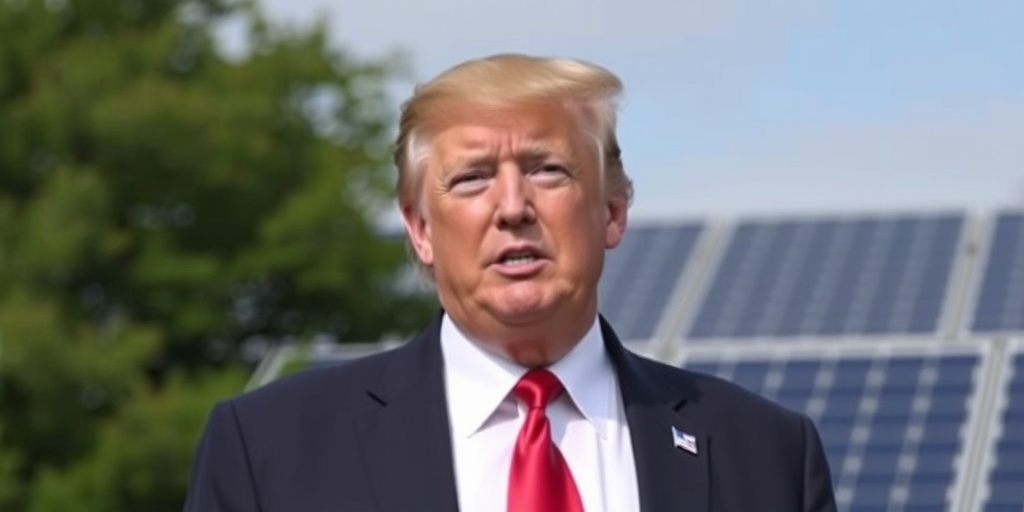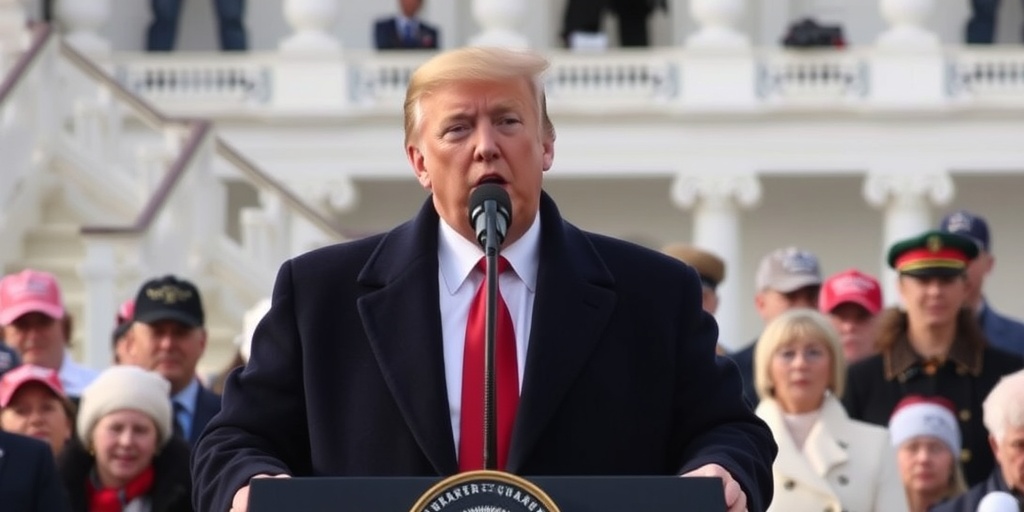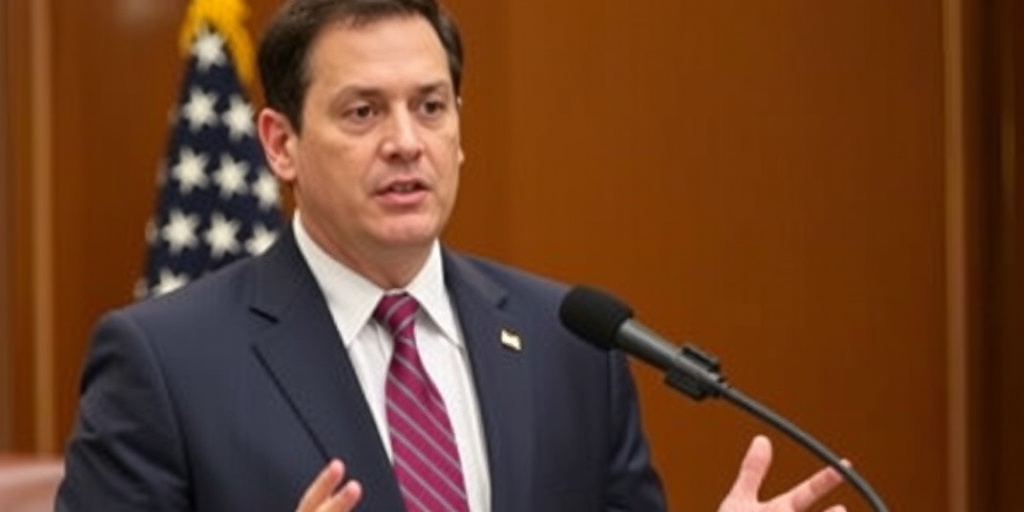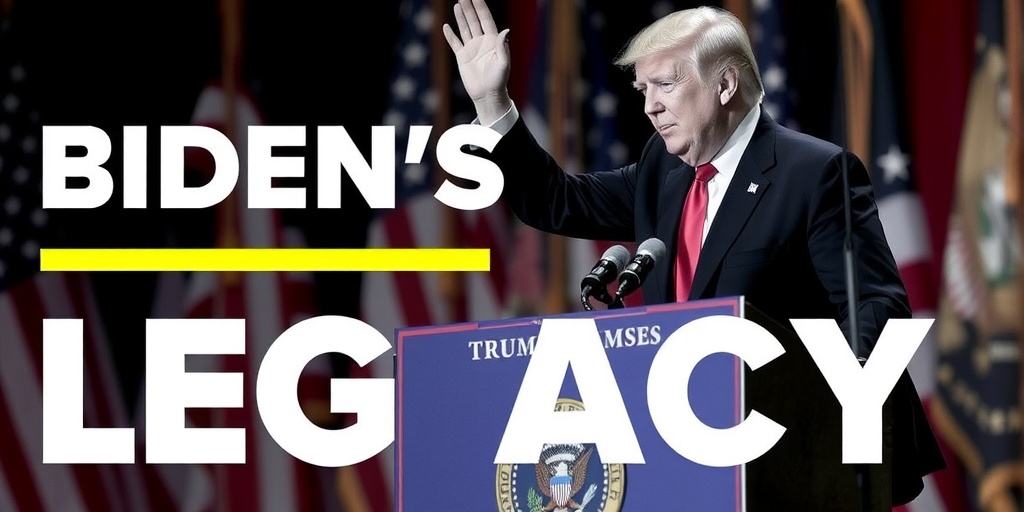Now Reading: Ramaswamy’s High-Profile Role Raises Potential Conflict Concerns
-
01
Ramaswamy’s High-Profile Role Raises Potential Conflict Concerns
Ramaswamy’s High-Profile Role Raises Potential Conflict Concerns
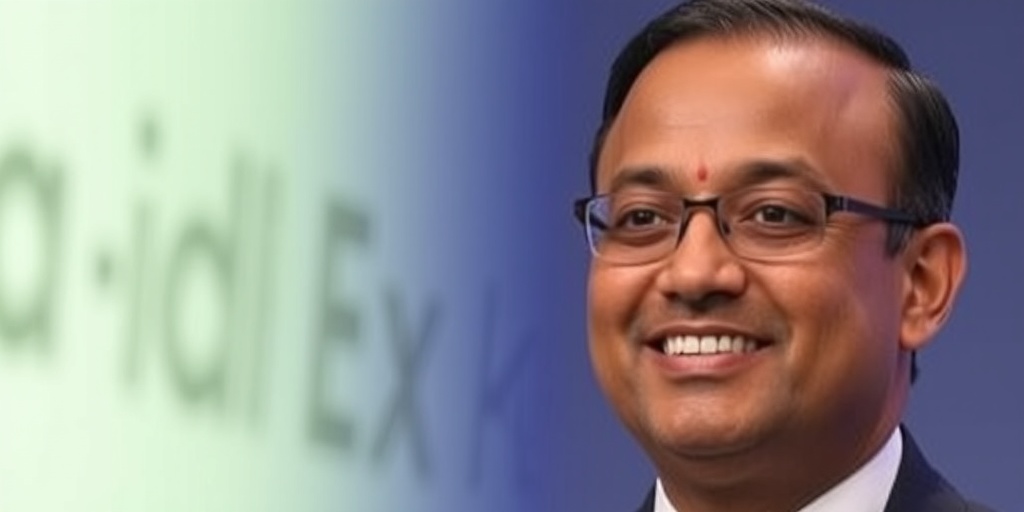
Vivek Ramaswamy: The Billionaire at the Helm of Government Efficiency
As the Biden Administration continues to face pressure to streamline operations, President-elect Donald J. Trump has designated Vivek Ramaswamy alongside tech titan Elon Musk to lead the newly formed Department of Government Efficiency (DOGE). While Musk garners most of the spotlight due to his wealth and influence, Ramaswamy possesses a complex portfolio that suggests potential conflicts of interest as he navigates the realm of government oversight and corporate regulation.
At just 39 years old, Ramaswamy is recognized as one of the youngest billionaires in the world, largely due to his success in the pharmaceutical industry through his company, Roivant Sciences. His stake in Roivant, presently valued at nearly $600 million, sets the stage for substantial financial implications if he successfully influences government policies related to drug approvals and regulatory standards. As he initiates his position in DOGE, Ramaswamy could advocate for spending cuts that ultimately benefit his investment interests and the health of his company.
Ramaswamy has outlined proposals to accelerate drug approval processes at the Food and Drug Administration (FDA), advocating for a significant reduction in bureaucratic hurdles. His efforts could delineate a clearer pathway for Roivant’s subsidiaries looking to bring products to market, including experimental medications that are vying for FDA approval. Additionally, with the rising popularity of cryptocurrency, potential initiatives to promote digital currencies could give a further boost to his firm’s endeavors in the Bitcoin space.
Despite the newly appointed status and the advisory nature of DOGE, concerns loom about whether Ramaswamy will be required to divest from any of his financial interests, a common requirement for high-level federal appointees. His recent remarks regarding labor market challenges also raised eyebrows, especially with his suggestion that American culture bears responsibility for the current shortage of skilled workers. This perspective aligns him somewhat with Musk and Trump, even as it starkly contrasts with the perspectives of immigration hardliners who support more restrictive policies.
Strive Enterprises, Ramaswamy’s investment fund, further complicates the narrative. As the majority owner with a stake valued between $150 million and $600 million, his firm has emerged as a counterforce to what he sees as liberal policies dominating corporate America. With various Republican influencers backing Strive, there is potential for a symbiotic relationship between Ramaswamy’s role in DOGE and the growth of his fund, as an enhanced profile in government could lure new clients looking for investments that align with emerging conservative trends.
However, Strive has not been without controversy. Ramaswamy’s strategy to engage with companies and push back against socially conscious investments, particularly in the energy sector, faced skepticism from analysts who note the sluggish recovery of energy stock prices, independent of E.S.G. (environmental, social, and governance) policies. In the competitive landscape of leveraged exchange-traded funds (ETFs), Strive’s offerings have been criticized as resembling preexisting products from major players like BlackRock, although Ramaswamy’s firm posits a unique value proposition focused on minimizing liberal corporate policies.
Economic realities aside, Ramaswamy’s ambition appears unbounded as he seamlessly shifts from C.E.O. to political candidate. The transition involved a whirlwind of activity, with substantial investments of his own money into his campaign and appearances across the nation. Despite securing only a fraction of votes in pivotal early primaries, his endorsement of Trump signified a strong alliance that may prove mutually advantageous as he pivots towards more public-facing endeavors.
Amidst his ambitions, Strive has made strides in the burgeoning world of cryptocurrency, establishing itself as a transformative Bitcoin company while navigating regulatory challenges that may come from his dual role in the administration. This juxtaposition of responsibilities raises critical questions about the extent to which Ramaswamy can separate his investment interests from his influence over federal financial regulations.
In summary, as Vivek Ramaswamy assumes his new role in the Trump administration, the interplay between his financial interests and governmental influence stands as a focal point of scrutiny. His vision of reducing regulation and government spending may align with his personal asset growth, making it imperative for observers to monitor how these dynamics evolve in the coming years.
Stay Informed With the Latest & Most Important News
Previous Post
Next Post
-
 01New technology breakthrough has everyone talking right now
01New technology breakthrough has everyone talking right now -
 02Unbelievable life hack everyone needs to try today
02Unbelievable life hack everyone needs to try today -
 03Fascinating discovery found buried deep beneath the ocean
03Fascinating discovery found buried deep beneath the ocean -
 04Man invents genius device that solves everyday problems
04Man invents genius device that solves everyday problems -
 05Shocking discovery that changes what we know forever
05Shocking discovery that changes what we know forever -
 06Internet goes wild over celebrity’s unexpected fashion choice
06Internet goes wild over celebrity’s unexpected fashion choice -
 07Rare animal sighting stuns scientists and wildlife lovers
07Rare animal sighting stuns scientists and wildlife lovers













